
True Israel
B"H
NOTE:
I want to be absolutely clear that I am not an anti-Zionist, nor do I deny the legitimacy of the modern State of Israel. Israel should exist as a sovereign state, and in fact it represents a unique democratic project in the Middle East, even if its earliest roots were tied more to socialism and communist experiments than to Western democracy we have today.
Over time it has matured into a functioning democracy that draws heavily on the broader heritage of Western civilization’s extension into the Middle East, and that role alone makes it significant and valuable. Yet at the same time, honesty requires us to acknowledge that the modern State of Israel is not the same as Biblical Israel.
The Israel of Torah and halacha is Biblical Israel, by Sinai, by mitzvot and halachot, by the eternal bond between the Jewish people and Hashem.
A state born of secular nationalism and political necessity, even when populated by Jews and committed to their safety, cannot ever by itself fulfill the role of Biblical Israel.
This distinction is crucial. One can affirm the state’s right to exist and support its security while also refusing to collapse the categories of political Israel and covenantal Israel. The danger lies in confusing them: if we imagine that every political act of a modern government carries divine sanction, we blur the line between Torah and nationalism. True loyalty requires nuance: defend Israel as a state, but remember Biblical Israel is the covenantal nation of Torah.
NOT A POLITICAL STATE....
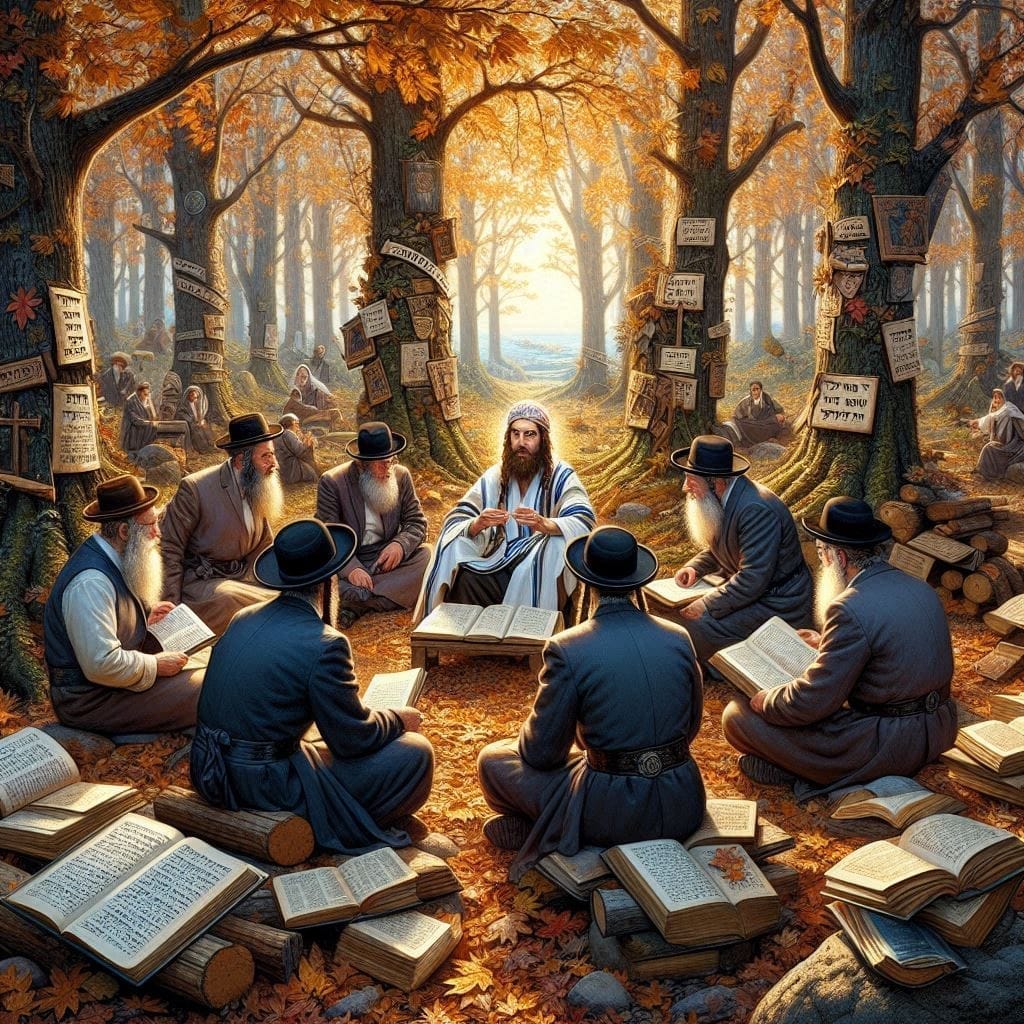
Introduction
The question “Is Israel, Israel?” sounds almost like a riddle, but it is one of the most pressing issues in theology, politics, and identity today. To ask whether Israel is Israel means: does the modern State of Israel correspond to Biblical Israel? Does Jewish descent define Israel? Does Torah define Israel? Or, as Kirk Cameron recently suggested, does Israel mean something broader — perhaps spiritual, perhaps encompassing all who claim descent from Abraham via the Gospel by faith?
This lecture will attempt to answer that question by combining halachic, historical, and philosophical sources, while also addressing the contemporary debate that emerged between Candace Owens, Ted Cruz, and Kirk Cameron.
We will structure the discussion around three categories of Israel:
Biological Israel – genealogy and descent.
Covenantal Israel – religious identity defined by Torah and halacha.
Political Israel – the modern State of Israel and its founders.
Each category illuminates a different dimension of the problem. Together they help us explain why partial truths, like Cameron’s observation about Abraham, can be both correct and misleading at the same time.

Part I: Biological Israel
1. The Biblical Genealogy
The name Israel originates in Ya‘akov Avinu (Genesis 32:29). When he wrestled with the angel, he received the new name “Israel” — meaning “one who struggles with God and man and prevails.” His children became known as Bnei Yisrael. This is the foundation of biological Israel: descent from Jacob.
2. Talmudic Recognition
The Talmud affirms that biological Jewishness persists even in sin:
“Yisrael, af al pi she-ḥata, Yisrael hu” (Sanhedrin 44a) — a Jew, even if he sins, remains a Jew.
This establishes that lineage carries weight: descent from Jacob is not erased by sin or disobedience.
3. Rambam and Later Authorities
Rambam does not deny biological continuity. In fact, many of his halachot about mamzerut, kohanim, and lineage depend on genealogy.
But Rambam also emphasizes that mere descent is not sufficient for covenantal identity. This leads us to the second dimension read Mishneh Torah Hilchot Shabbat 30:15.
4. Modern Application
The modern State of Israel is populated largely by biological Jews — descendants of Jacob who survived centuries of exile. In this sense, the state is undeniably connected to Biblical Israel. Biologically, Israel is Israel.
But is that enough? Torah and Halacha answers: no.
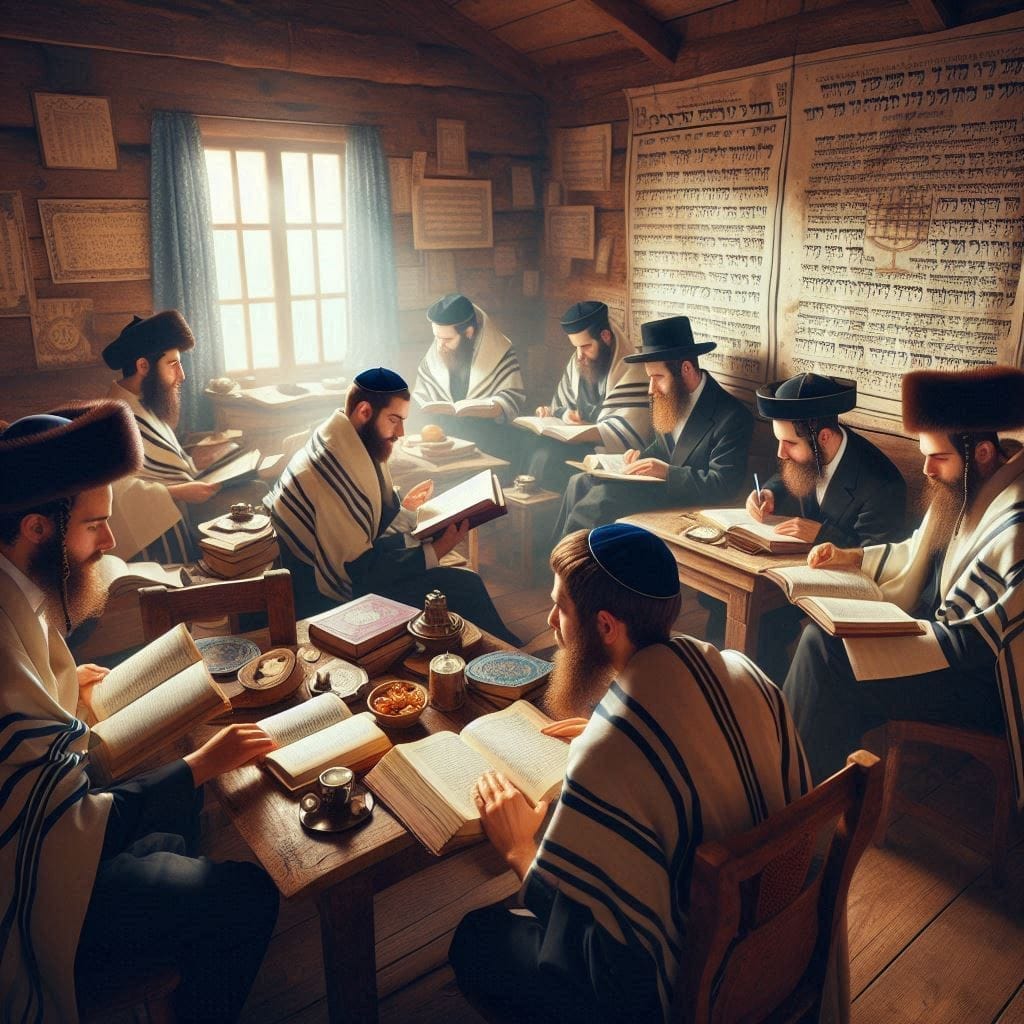
Part II: Covenantal Israel
1. Covenant vs. Biology in the Talmud
The Talmud teaches in Kiddushin 36a: “Banim atem la-Hashem Elokeichem” — you are children of Hashem. Rabbi Yehudah limits this: only when Israel behaves as God’s children. Rabbi Meir extends it: even when they sin, they remain His children.
This tension shows that covenantal identity is not identical with biological descent. Behavior, allegiance, and Torah and Halachic observance matter.
2. Rambam’s Decisive Rulings
Ger Tzedek (Convert): “Ger shenitgayer harei hu ke-Yisrael lechol davar” (Issurei Bi’ah 13:17) — a convert who accepts Torah is as Israel in every respect.
→ Religion trumps biology: a non-Jew can become Israel through halacha.Apostates and Heretics: In Hilchot Teshuvah 3:14, Rambam excludes minim and apikorsim from the World to Come. They remain biologically Jewish but are cut off spiritually.
Thus, Torah and Halacha allegiance defines Israel in the covenantal sense.
3. Shulchan Aruch and Later Codes
Yoreh Deah 268:12: a convert is like a newborn child.
→ No Israelite ancestry needed; halacha alone grants full Jewish status.
4. Religion Trumps Biology
This is the crucial distinction:
A biological Jew who abandons Torah remains Jewish legally but severs his covenantal connection.
A convert with no Jewish blood becomes fully Israel covenantally.
Therefore, Halachic and Torah allegiance outweigh descent in defining Biblical/Rabbinic Israel.
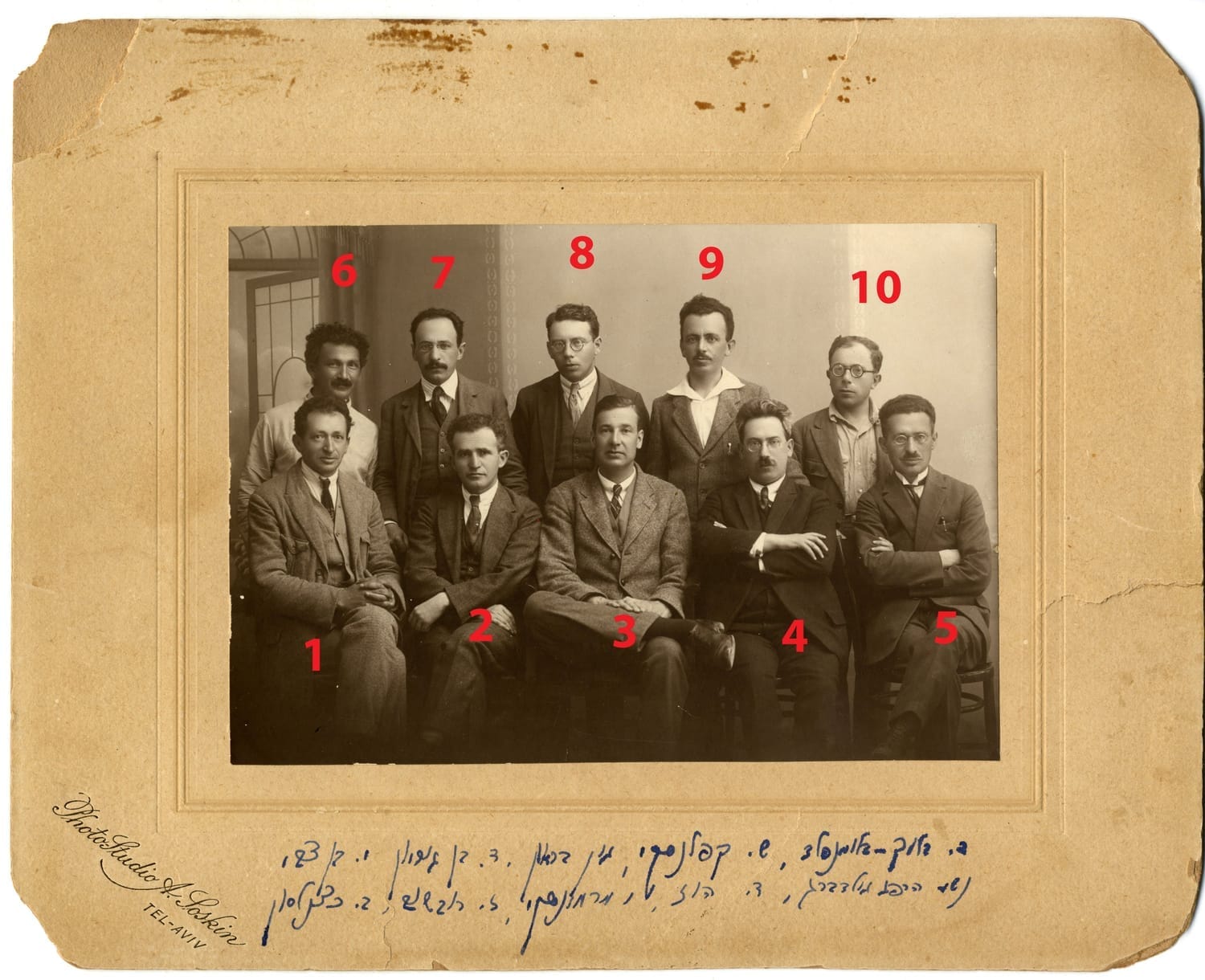
Part III: Political Israel
1. Early Zionist Ideology
The modern State of Israel, founded in 1948, emerged from the Zionist movement. But as history shows, most early Zionist leaders were atheists and/or militantly secular.
Theodor Herzl: In Der Judenstaat, he offered a political solution to antisemitism. He envisioned a state, not a religious revival. Rabbis, he said, would stay in synagogues and not interfere with civic life.
David Ben-Gurion: “We do not want to create a state to fulfill the prophecies of the Bible. We want to be like all the nations.”
Chaim Weizmann: Spoke of the Bible as “our mandate,” but meant it culturally, not as binding Torah and/or Halacha.
The early Zionist dream was nationalism, not Torah and Judaism.
2. Rabbinic Reactions
Rabbi Chaim Soloveitchik of Brisk: rejected Herzl’s secular Zionism as a betrayal of Torah.
Satmar Rebbe (R. Yoel Teitelbaum): in VaYoel Moshe, declared Zionism to be rebellion against Heaven.
Rav Kook: more sympathetic — saw even secular Zionists as “agents” of redemption, though unconsciously. But even he insisted true Israel must be covenantal, with Torah at the center.
3. Modern State Today
The modern State of Israel is a political vessel. It is not Biblical/Rabbinic Israel. It carries Jewish people, but its institutions are secular.
So we conclude: politically Israel, biologically Israel, but not automatically covenantal Israel.
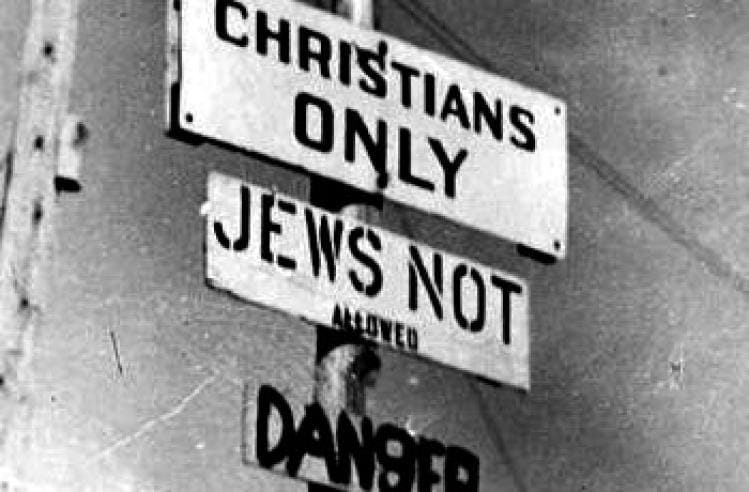
Part IV: Kirk Cameron’s Observation
1. The Nuance He Caught
Cameron recently pointed out that when God said to Abraham, “Those who bless you I will bless, those who curse you I will curse” (Genesis 12:3), Israel was not yet born. This is true. The promise predates Jacob and the nation.
2. Christian Theological Leap
From this, Christian theology (especially in John and Paul) has historically argued: the true “children of Abraham” are those who accept the Gospel.
This is supersessionism: the idea that the Church replaces Israel.
Cameron tapped into this: that the promise is not about the modern State or even about Jews per se, but about “believers in the gospel.”
3. Why This is Only Half-Right
He is correct that the blessing begins with Abraham.
But he misses that the Torah itself narrows the promise through covenant: Abraham → Isaac → Jacob → Israel → Sinai → Torah → Halacha.
Torah and Halacha, not general belief, defines covenantal Israel.
So his insight is a partial truth. Without the halachic framework, it becomes misleading.

Part V: The Real Complexity
1. Not All Jews Are the Same in Covenant
You cannot equate religious Jews (bound to Torah and Halacha, i.e. Rabbinic Law) with secular and liberal Jews (Zionist nationalists). Both are Israel biologically; only the first are Israel covenantally — and this very confusion is why so many religious Jews throughout history have been killed by non-Jews who collapsed all Jews into one category (Jews), equating Torah-faithful American rightwing Jews with Zionist nationalists and liberal Jews.
2. Converts and Halacha
A convert with no Jewish ancestry is Israel in every halachic sense. This proves covenant is greater than descent.
3. Political Confusion
Western debates (Owens vs. Cruz) often conflate “supporting Israel” with “blessing Israel” with “theological Israel.” But Torah and Halacha keeps categories clear.
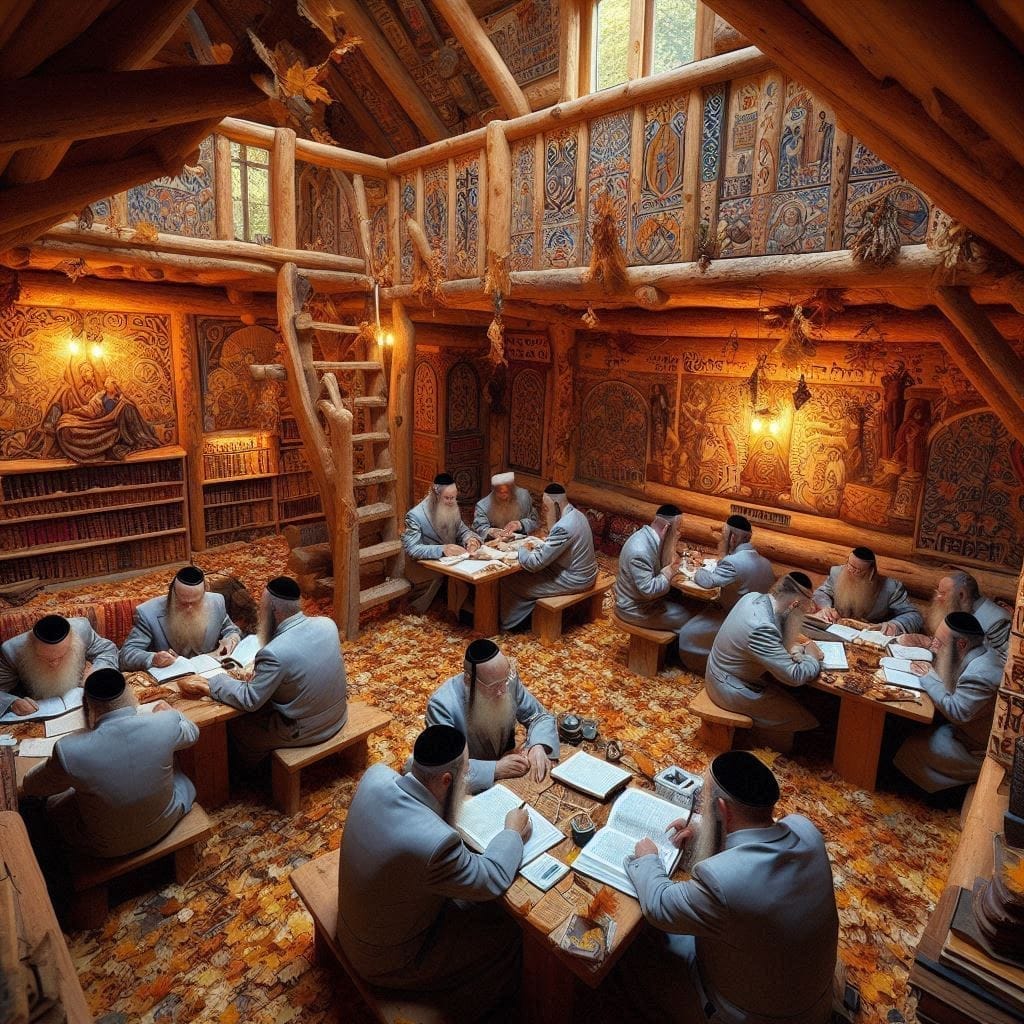
Part VI: Synthesis
We now return to the three categories:
Biological Israel: Yes, the Jews of today (in Israel or diaspora) are descendants of Jacob.
Covenantal Israel: Defined only by Torah and halacha, not descent alone.
Political Israel: The State of Israel is Jewish by population but secular by constitution.
Therefore: Israel is Israel biologically and politically, but not necessarily covenantally. Only Torah and halachic allegiance makes Israel truly Biblical Israel.
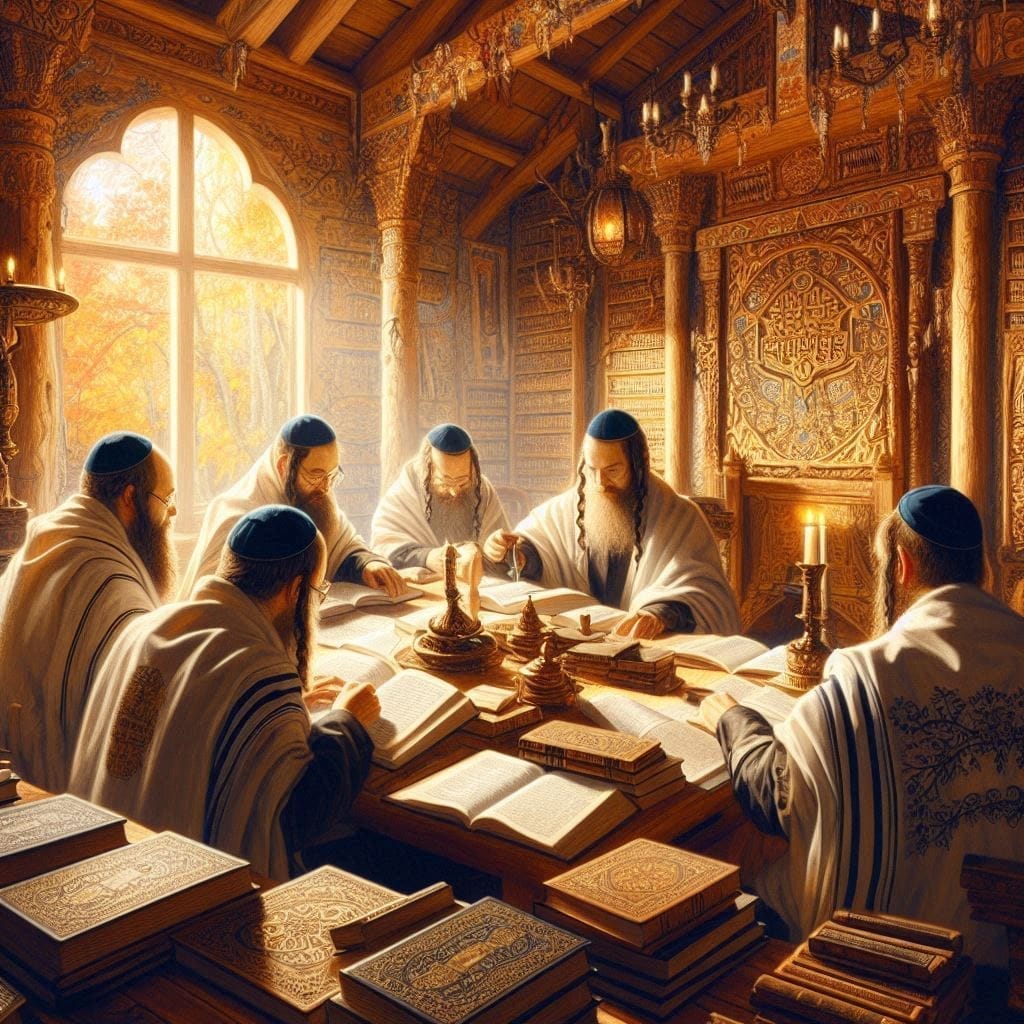
Part VII: Answering Kirk Cameron
So how should one respond to Cameron?
Acknowledge: He is right that Abraham’s blessing precedes Jacob and the nation.
Clarify: The Torah itself channels the blessing into a covenantal line, culminating in Sinai and halacha.
Correct: Halacha, not general faith, defines Israel. A convert is fully Israel; a secular nationalist may be biologically Israel but covenantally cut off.
Apply: Supporting modern Israel politically is not the same as blessing Biblical Israel spiritually.
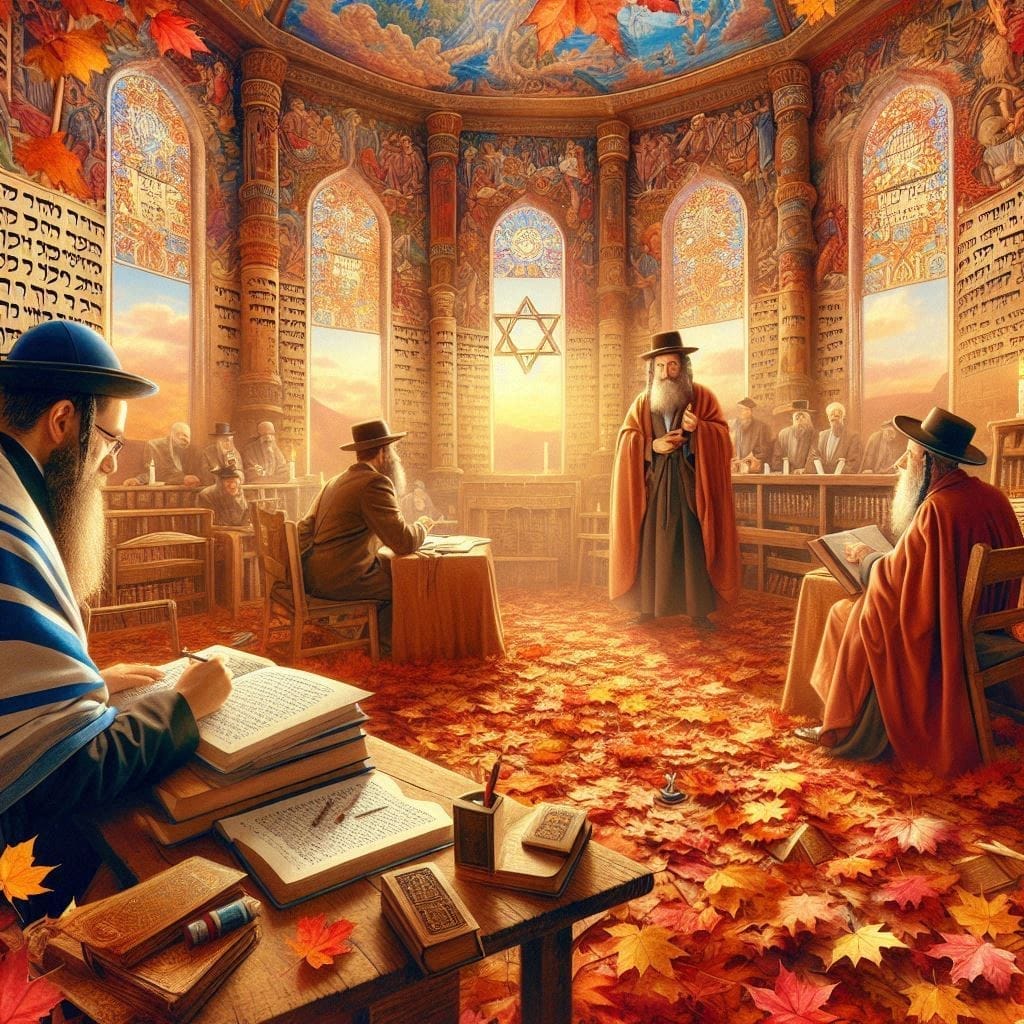
Conclusion
The early Zionists were atheists. The modern State of Israel is politically Jewish, biologically connected, but covenantally incomplete. Kirk Cameron’s observation is interesting but misleading if isolated. Torah and Halacha teaches that religion trumps biology.
Thus, the true Israel is not simply descent, nor simply a modern nation, nor a theological claim.
The true Israel is the covenantal people who accept and believe that Torah and Halacha; defined by Torah and Rabbinic Law and that it is binding on that individual.
Or, to say it more sharply: Without Torah and Halacha (The Oral Torah), Israel is not Israel. With Torah and Halacha, even a convert with no Jewish blood or ancestry is Israel.
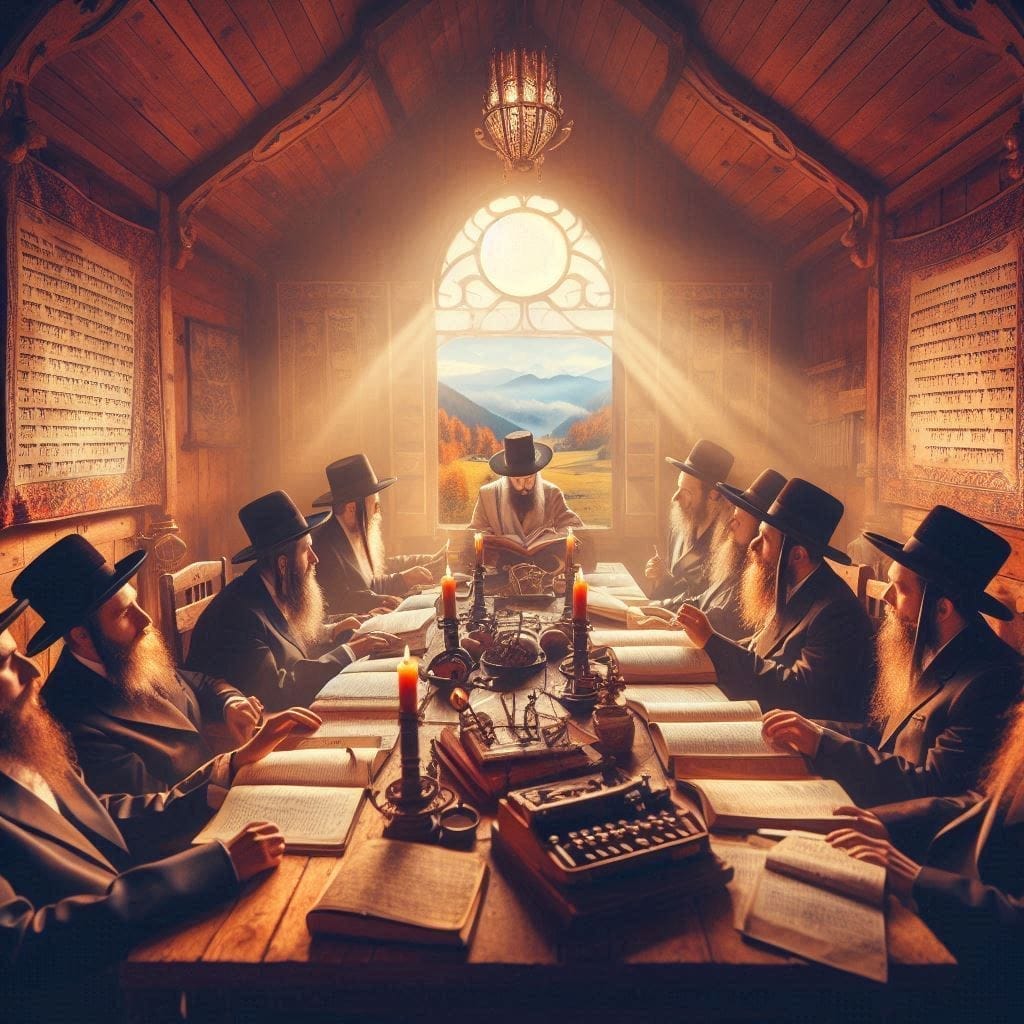
Subscribe now.
Sign up for our newsletter to get the most interesting stories of the day straight to your inbox before everyone else
Created with © systeme.io • Privacy policy • Terms of service


